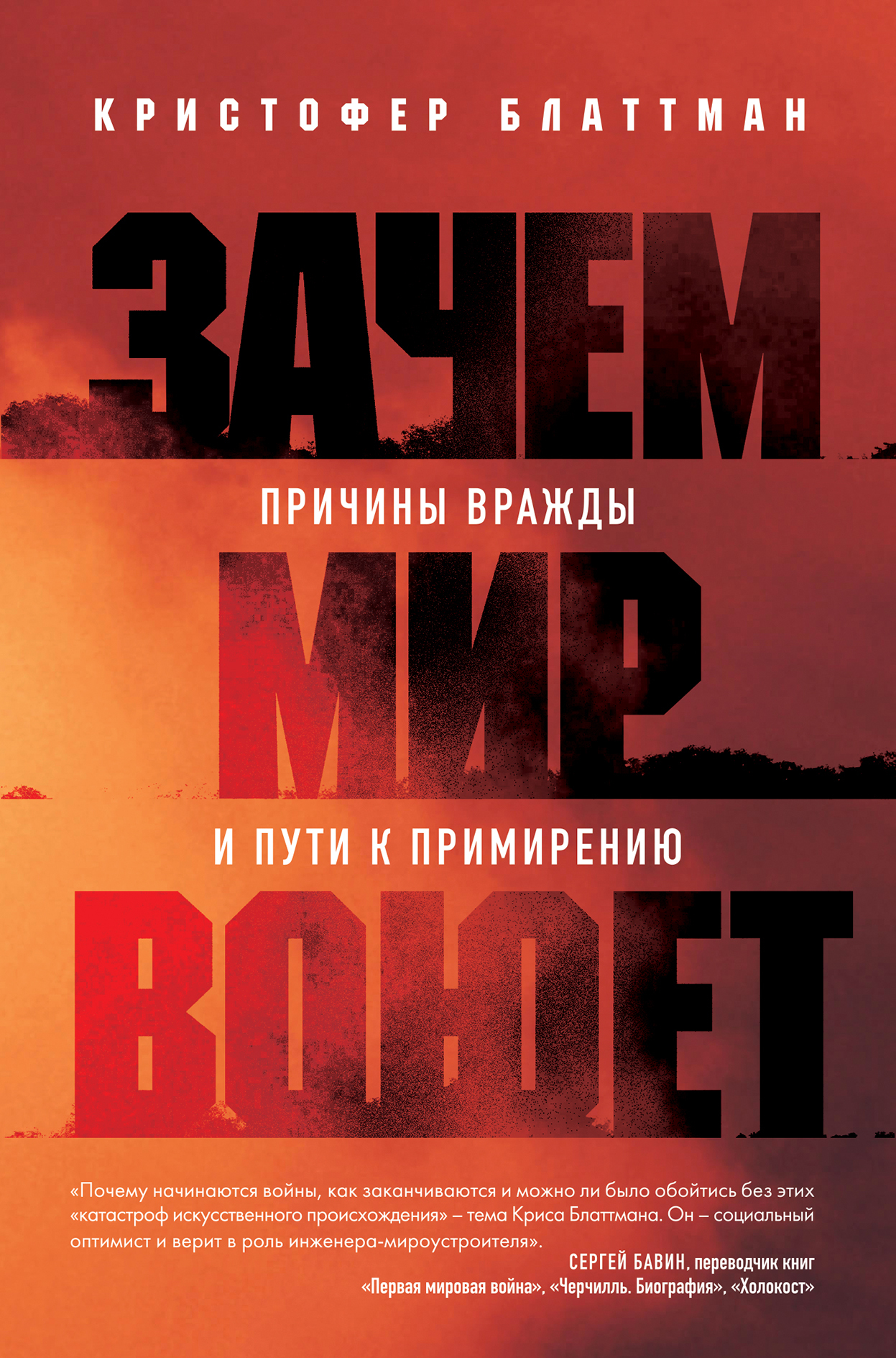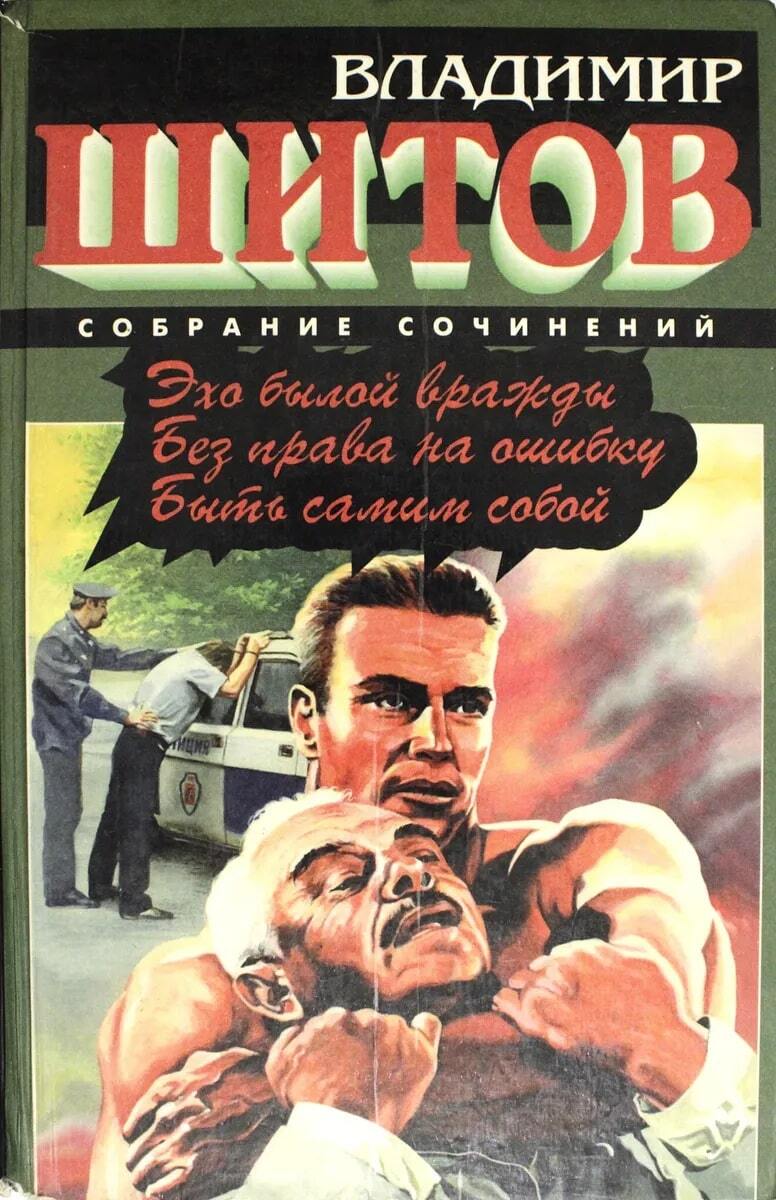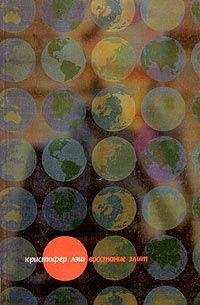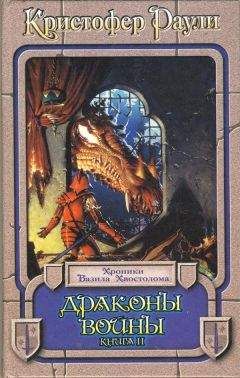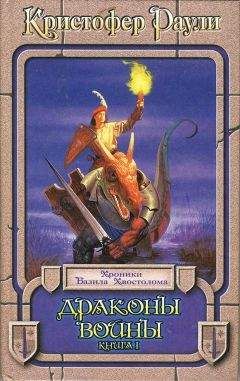Theoretical and Empirical Evidence for Blatant Dehumanization.” Journal of Personality and Social Psychology 109 (5): 901–931.
Kteily, Nour, Gordon Hodson, and Emile Bruneau. 2016, “They See Us as Less Than Human: Metadehumanization Predicts Intergroup Conflict via Reciprocal Dehumanization.” Journal of Personality and Social Psychology 110 (3): 343–370.
Kube, Sebastian, Michel Andre Marechai, and Clemens Puppe. 2012, “The Currency of Reciprocity: Gift Exchange in the Workplace.” American Economic Review 102 (4): 1644–1662,
Kunda, Ziva. 1990. “The Case for Motivated Reasoning.” Psychological Bulletin 108 (3): 480–498.
Kydd, Andrew H. 2006. “When Can Mediators Build Trust?” American Political Science Review 100 (3): 449–462.
Lacroix, Jean. 2020. “Ballots Instead of Bullets? The Effect of the Voting Rights Act on Political Violence.” Working paper.
Lake, David A. 2007. “Escape from the State of Nature: Authority and Hierarchy in World Politics.” International Security 32 (1): 47–79.
–. 2010. “Two Cheers for Bargaining Theory: Assessing Rationalist Explanations of the Iraq War.” International Security 35 (3): 7-52.
–. 2011. Hierarchy in International Relations. Ithaca: Cornell University Press.
–. 2016. The Statebuilder’s Dilemma: On the Limits of Foreign Intervention, Ithaca: Cornell University Press.
Lake, David A., Lisa L. Martin, and Thomas Risse. 2021. “Challenges to the Liberal Order: Reflections on International Organization," Special issue, Challenges to the Liberal International Order: International Organization at 75; International Organization 75 (2): 225–257.
Landes, William M. 1971. "An Economic Analysis of the Courts.” Journal of Law and Economics 14 (1): 61-107.
Larwood, Laurie, and William Whittaker. 1977. “Managerial Myopia: SelfServing Biases in Organizational Planning.” Journal of Applied Psychology 62
(2): 194–198.
Law, David S., and Mila Versteeg. 2012. "The Declining Influence of the United States Constitution,” New York University Law Review 87 (3): 762–858.
Lebow, Richard Ned. 2014. “What Can International Relations Theory Learn from the Origins of World War I?” International Relations 28 (4): 387–410.
–. 2020. Between Peace and War: 40th Anniversary Revised Edition. London: Palgrave Macmillan.
Lee, Jong-Wha, and Ju Hyun Pyun. 2016, “Does Trade Integration Contribute to Peace?” Review of Development Economics 20 (1): 327–344,
Leovy, Jill. 2015. Ghettoside: A True Story of Murder in America. New York: Spiegel & Grau.
Lerner, Jennifer S., Ye Li, Piercarlo Valdesolo, and Karim S. Kassam. 2015-"Emotion and Decision Making.” Annual Review of Psychology 66 (1): 799–823.
Lessing, Benjamin. 2017. Making Peace in Drug Wars: Crackdowns and Cartels in Latin America. Cambridge: Cambridge University Press,
Levitt, Steven D., and Thomas J. Miles. 2006. “Economic Contributions to the Understanding of Crime.” Annual Review of Law and Social Science 2 (1): 147–164.
Levy, Jack S. 1990. “Preferences, Constraints, and Choices in July 1914.” International Security 15 (3): 151–186.
–. 1991. “The Role of Crisis Management in the Outbreak of World War I." In Avoiding War: Problems of Crisis Management, edited by Alexander L. George, 62-102, London: Routledge.
–. 2014. “The Sources of Preventive Logic in German Decision-Making in 1914.” In The Outbreak of the First World War: Structure, Politics, and Decision-Making, 139–166. Cambridge: Cambridge University Press,
Levy, Jack S., and William R. Thompson. 2011, Causes of War. New York: John Wiley & Sons,
Levy, Jack S., and John A. Vasquez, eds. 2014, The Outbreak of the First World War: Structure, Politics, and Decision-Making. Cambridge: Cambridge University Press,
Licklider, Roy. 1995. “The Consequences of Negotiated Settlements in Civil Wars, 1945–1993.” American Political Science Review 89 (3): 681–690,
Liebenow, J. Gus. 1987, Liberia: The Quest for Democracy. Bloomington: Indiana University Press,
Lijphart, Arend. 2012, Patterns of Democracy: Government Forms and Performance in Thirty-Six Countries. New Haven: Yale University Press,
Lipset, Seymour Martin, and Stein Rokkan. 1967. Cleavage Structures, Party Systems, and Voter Alignments: An Introduction. New York: Free Press,
Locke, John. (1690) 1988, Locke: Two Treatises of Government. Edited by Peter Laslett. Cambridge: Cambridge University Press,
Loewenstein, George, and Jennifer S. Lerner. 2003. “The Role of Affect in Decision Making.” In Handbook of Affective Sciences, edited by Richard
J. Davidson, Klaus S. Scherer, and H. Hill Goldsmith, 619–642, Oxford: Oxford University Press,
Loewenstein, George, Ted O'Donoghue, and Matthew Rabin, 2003-“Projection Bias in Predicting Future Utility,” Quarterly Journal of Economics 118 (4): 1209–1248,
Lowe, Matt, 2021, “Types of Contact: A Field Experiment on Collaborative and Adversarial Caste Integration,” American Economic Review 111 (6): 1807–1844,
Luttwak, Edward N, 1999. “Give War a Chance,” Foreign Affairs 78 (4): 36–44, Machiavelli, Niccold. (1532) 2006. The Prince. Translated by William
K, Marriott, El Paso: El Paso Norte Press,
Mackie, Diane M., Eliot R. Smith, and Devin G. Ray. 2008. “Intergroup Emotions and Intergroup Relations.” Social and Personality Psychology Compass 2 (5): 1866–1880.
MacMillan, Margaret. 2013. The War That Ended Peace: The Road to 1914, New York: Random House.
–. 2020, War: How Conflict Shaped Us. New York: Random House. Madarasz, Kristof. 2015. “Projection Equilibrium: Deflnition and Applications to Social Investment and Persuasion.” Working paper,
Madison, James. 1793. “‘Helvidius’ Number 4,” September 14, 1793, National Archives Founders Online, https://founders.archives.gov/documents/ Madison/01-15-02-0070, Mahoney, James, 2001. “Path-Dependent Explanations of Regime Change: Central America in Comparative Perspective,” Studies in Comparative International Development 36 (1): 111–141.
Maier, Pauline, 1991- From Resistance to Revolution: Colonial Radicals and the Development of American Opposition to Britain, 1765–1776. New York: W.W. Norton,
Majumdar, Sumon, and Sharun W. Mukand, 2004. "Policy Gambles.” American Economic Review 94 (4): 1207–1222.
Malmendier, Ulrike. 2018. “Behavioral Corporate Finance.” In Handbook of Behavioral Economics: Foundations and Applications 1, edited by B. Douglas Bernheim, Stefano DellaVigna, and David Laibson, Amsterdam: Elsevier.
Mamdani, Mahmood. 2010, Saviors and Survivors: Darfur, Politics, and the War on Terror, New York: Random House Digital,
–. 2018. Citizen and Subject: Contemporary Africa and the Legacy of Late Colonialism. Princeton: Princeton University Press.
Mansfield, Edward D., and Jack Snyder, 2002, “Democratic Transitions, Institutional Strength, and War,” International Organization 56 (2): 297–337.
Maoz, Zeev, and Bruce Russett. 1993. “Normative and Structural Causes of Democratic Peace, 1946–1986.” American Political Science Review 87 (3): 624–638.
Markey, Daniel. 1999. “Prestige and the Origins of War: Returning to Realism’s Roots.” Security Studies 8 (4): 126–172,
Martin, Lisa L., and Beth A. Simmons, 1998. “Theories and Empirical Studies of International Institutions.” International
